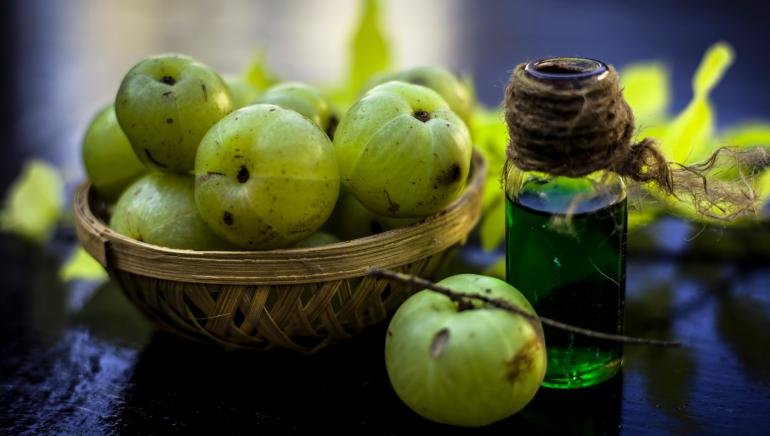Inside BENEO’s new pulse plant: pioneering sustainable protein from faba beans
Research has confirmed that amla does not contain ascorbic acid in consistent amounts, and often only in trace quantities
Bengaluru based Sami-Sabinsa Group, which alerted the industry to synthetic curcumin masquerading as natural source turmeric, has identified mischaracterized amla (Emblica officinalis) extract with claims of high levels of natural vitamin C for sale in the marketplace.
Because vitamin C occurs only in trace quantities in amla (aka Indian gooseberry), it is not economically feasible to isolate and extract vitamin C up to 25% from that raw material.
However, some companies are claiming to offer 25% weight for weight vitamin C derived from amla and further alleging their material is organic.
Research has confirmed that amla does not contain ascorbic acid in consistent amounts, and often only in trace quantities, which is why it is neither a valid biomarker nor a source of high amounts of vitamin C.
Sami-Sabinsa’s successful Saberry® Amla Extract brand, standardized to 10% beta-glucogallin, highlighted this when introduced to the marketplace in 2009.
Sami-Sabinsa scientists published research on the low occurrence of vitamin C in amla products. They were, therefore, surprised to come across an amla extract advertised to contain vitamin C more than 25%, and decided to dig deeper.
“The major source of vitamin C is through fermentation. If suppliers buy fermentation-derived vitamin C and blend it with their amla extract to claim as high as 25% w/w of vitamin C, they should disclose this,” said Sami-Sabinsa Group Founder and Chairman Dr. Muhammed Majeed. “This unethical practice is not easily detected by normal analytical methods for vitamin C analysis. It is also not distinguishable by C14 radiocarbon content method, either. But there are other analytical methods to expose this repugnant practice.”
“Because we have the science and expertise to unravel this unscrupulous practice, tarnishing one of India’s beloved and cherished fruits will not be tolerated,” said Sabinsa President worldwide, Shaheen Majeed. “We have identified a few companies practicing this deception, and will be filing notices to them in the weeks ahead. We hope the industry will appreciate and adopt the methodology we’ve disclosed, so no further deception occurs.”

